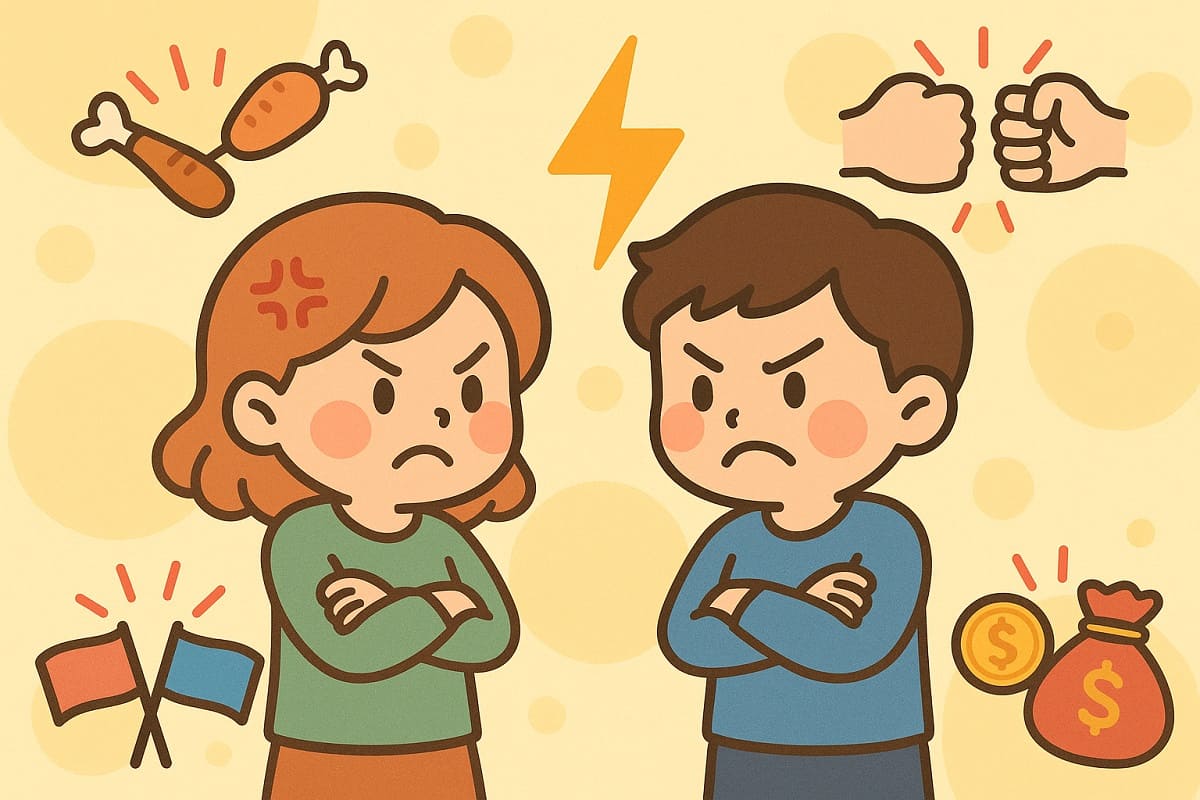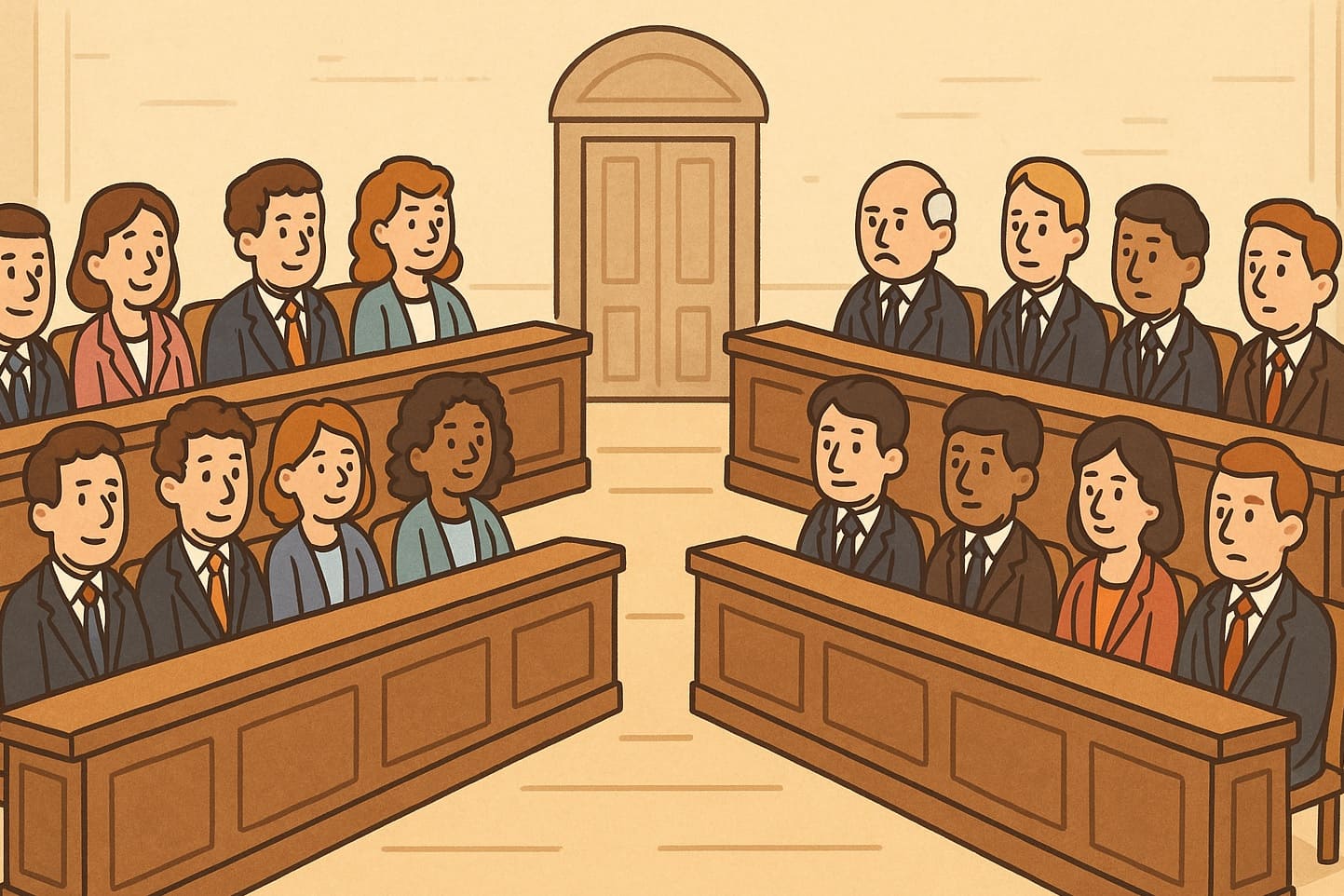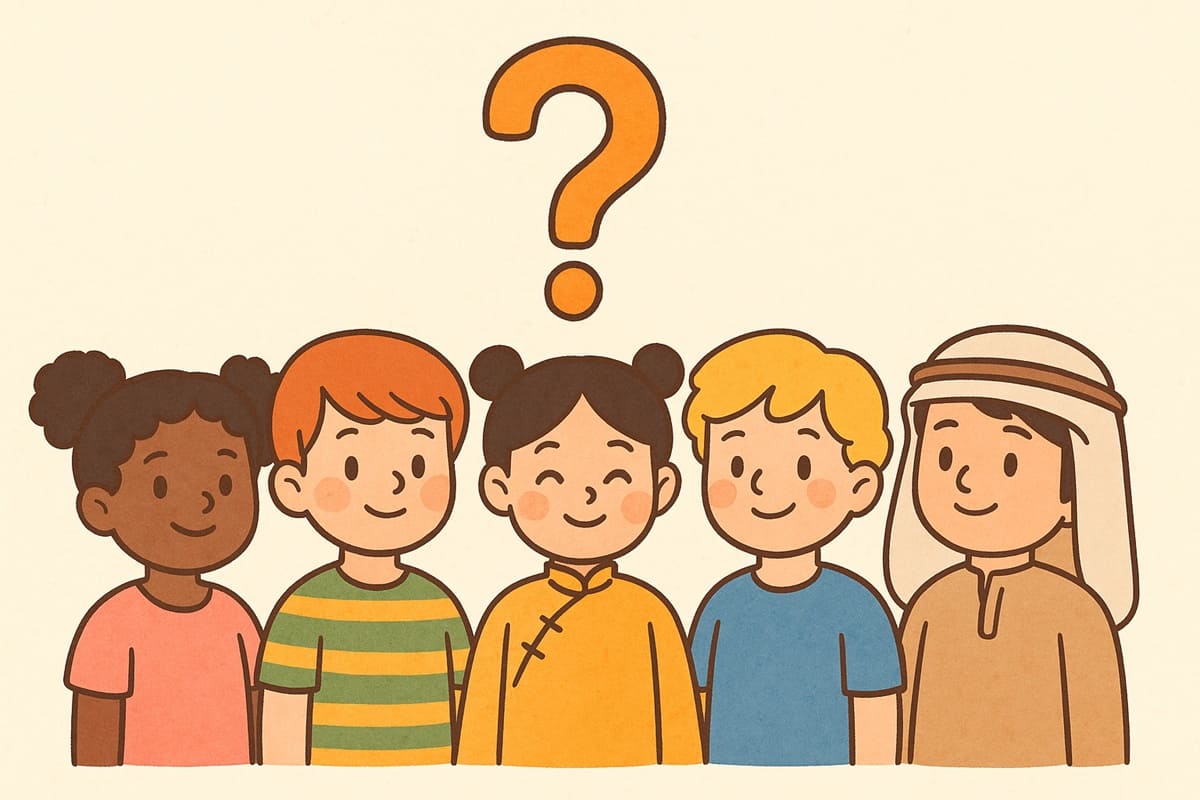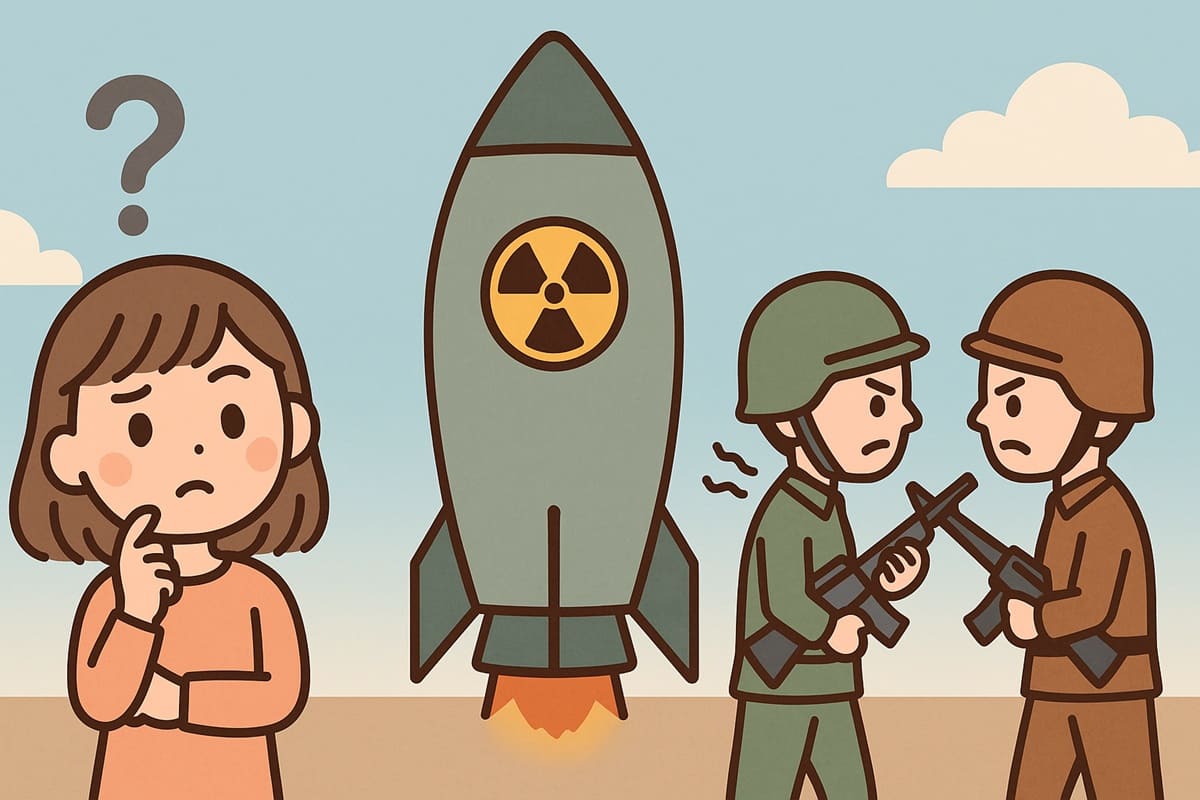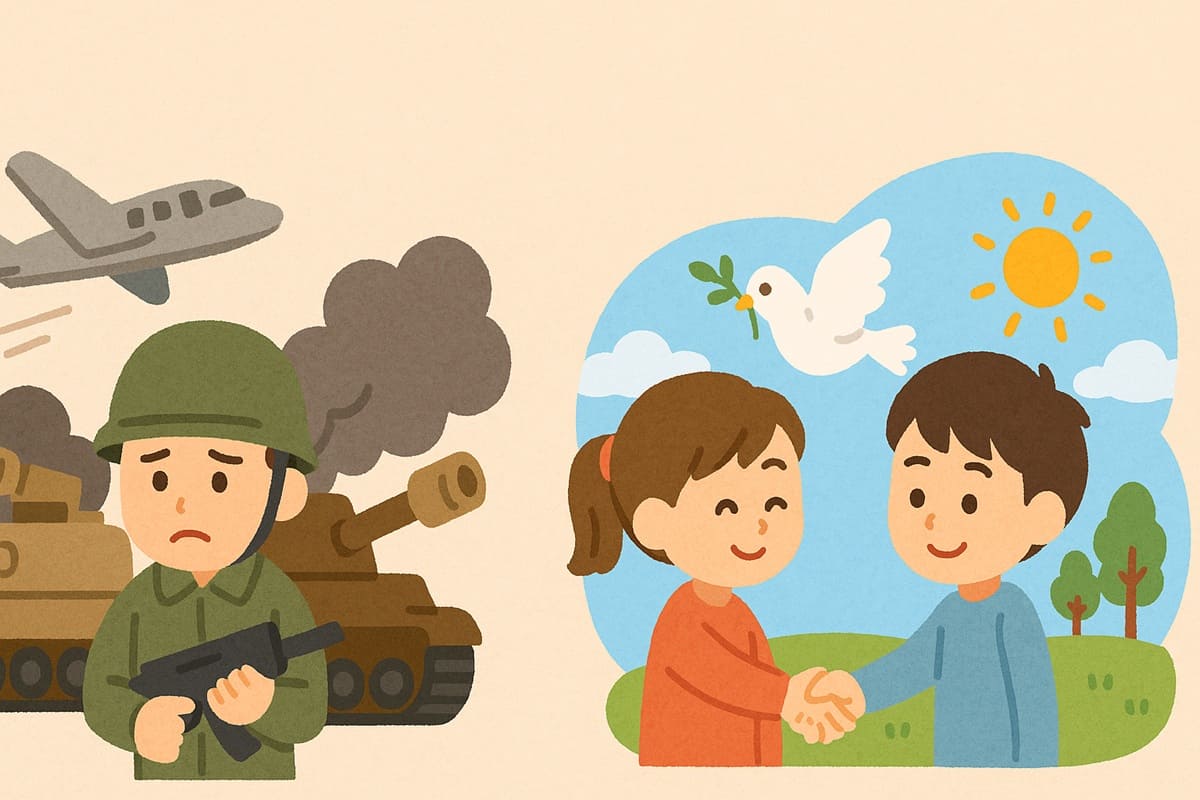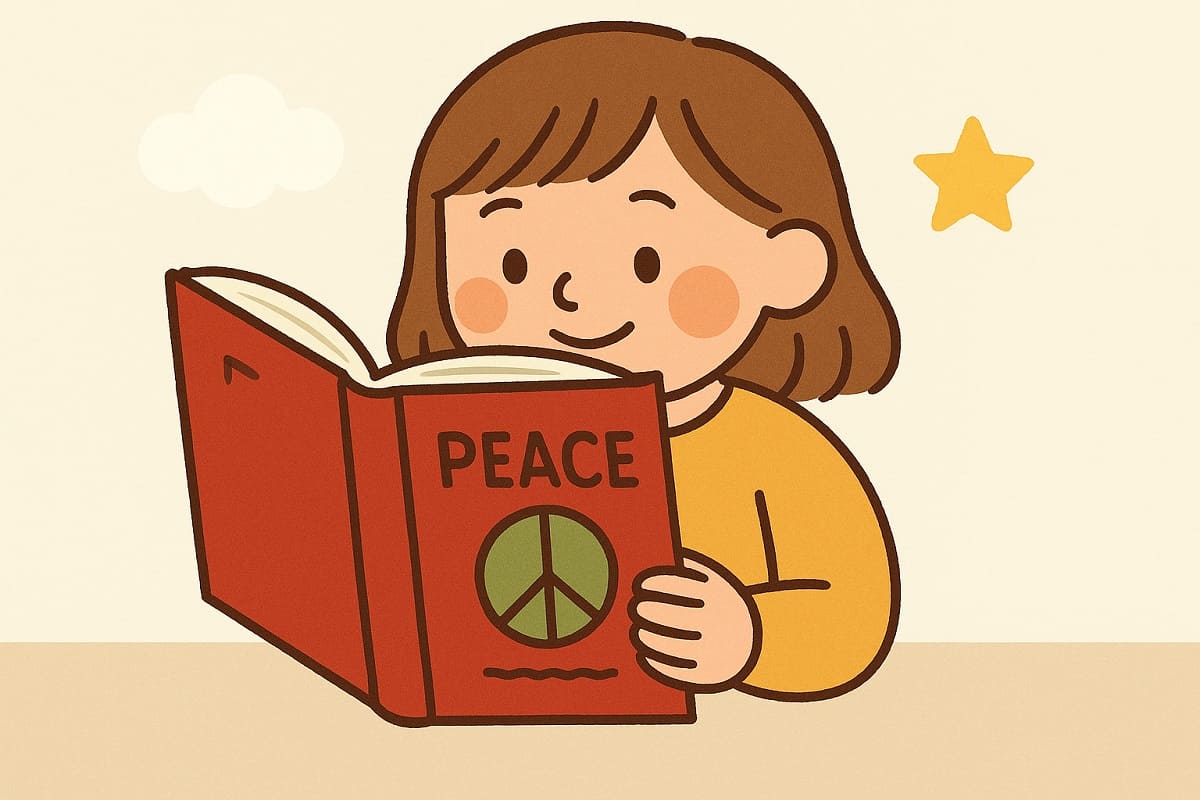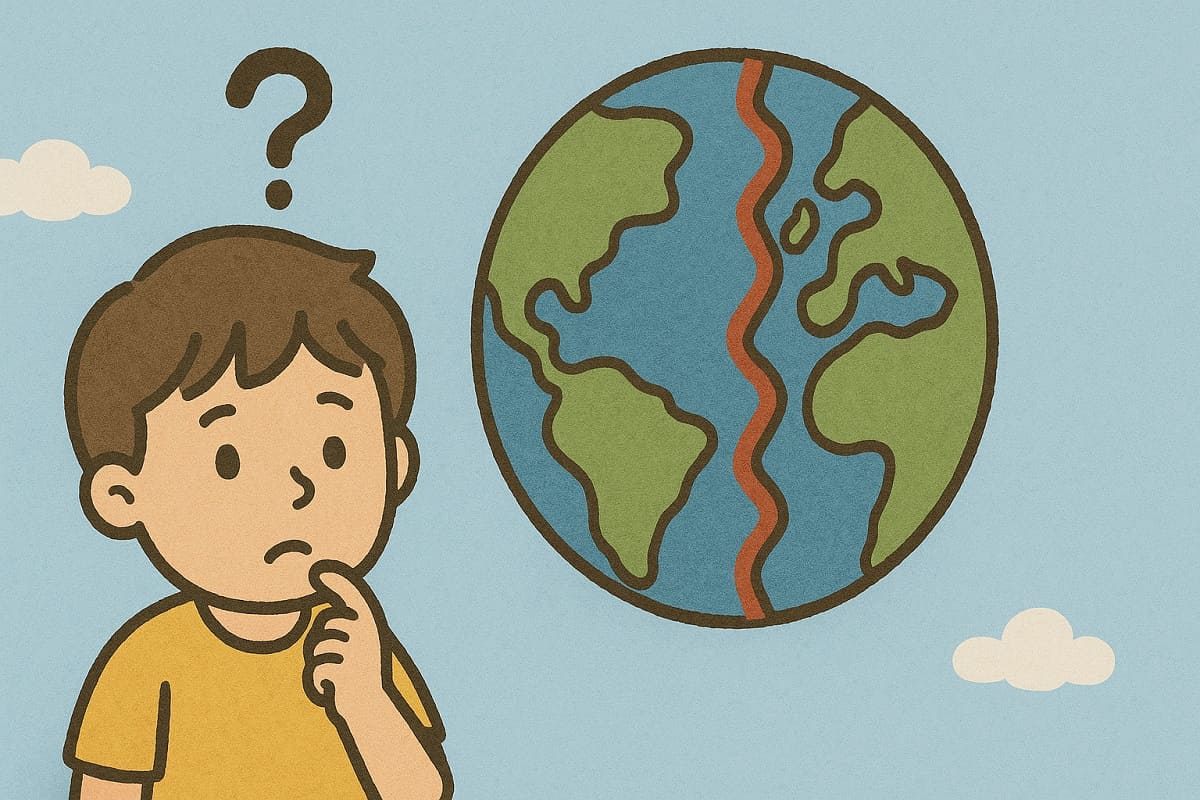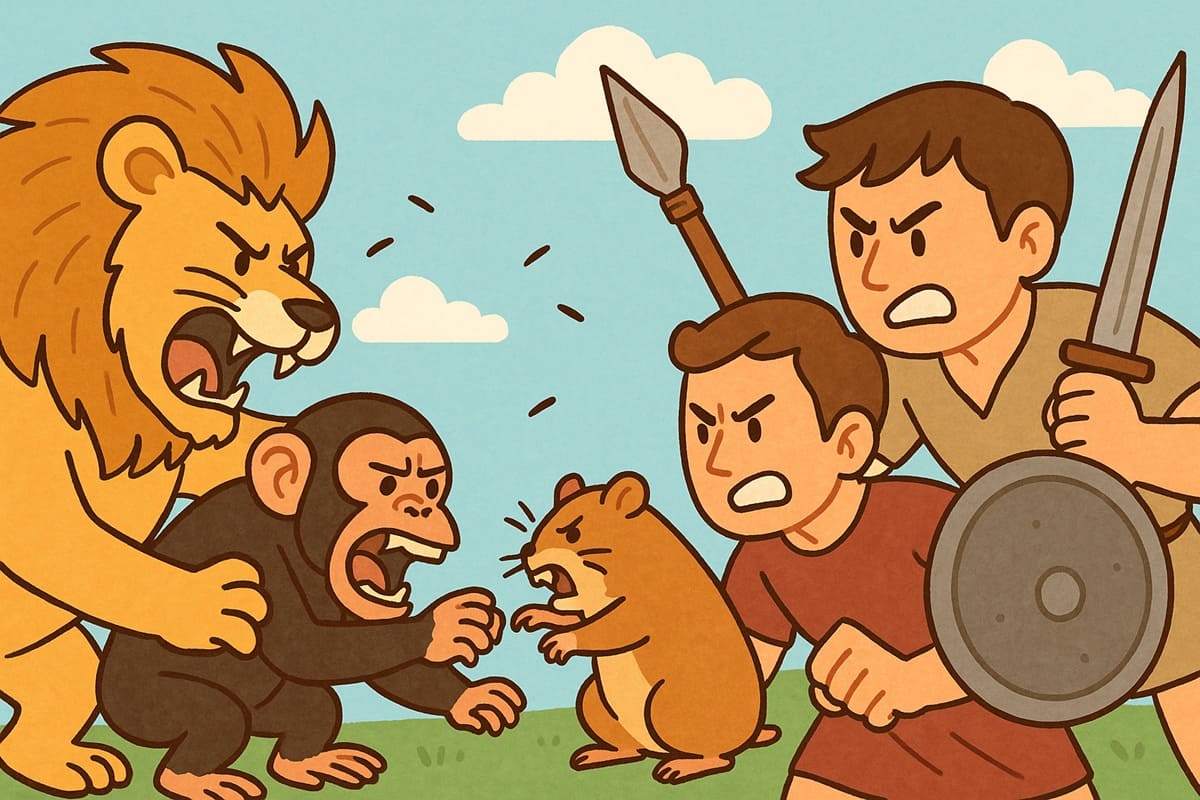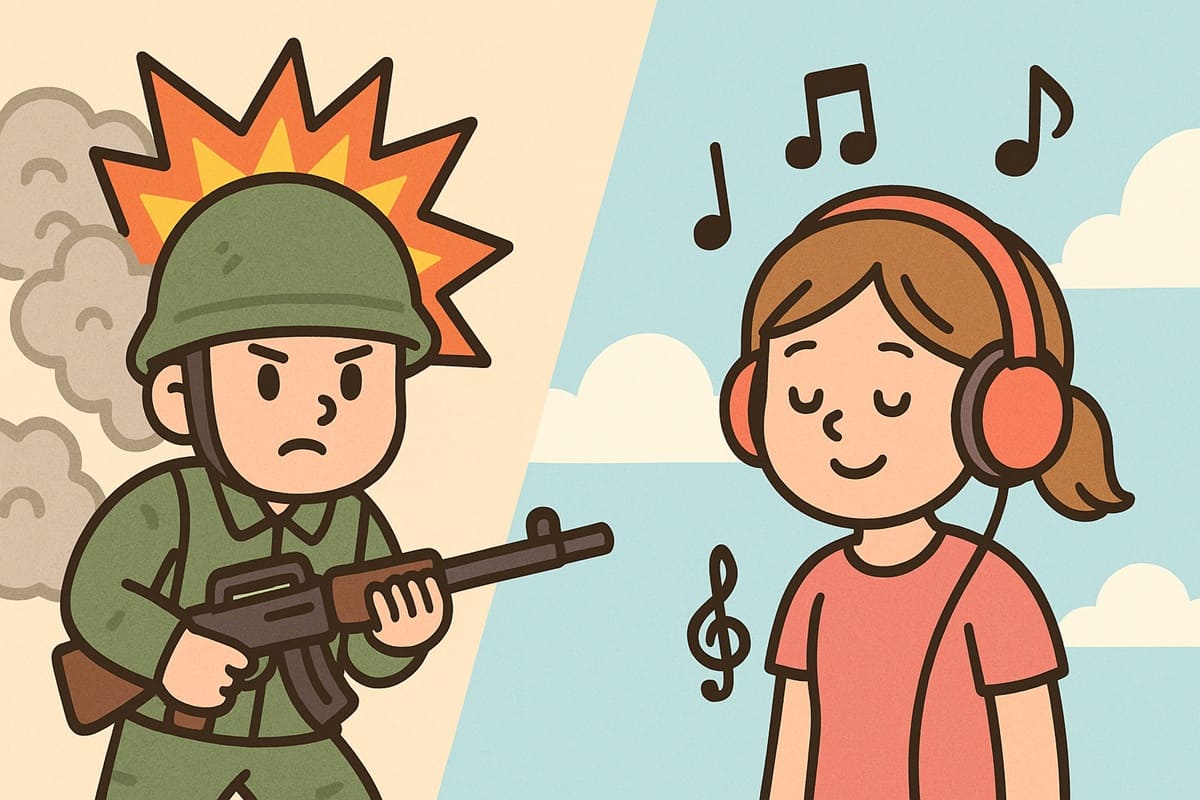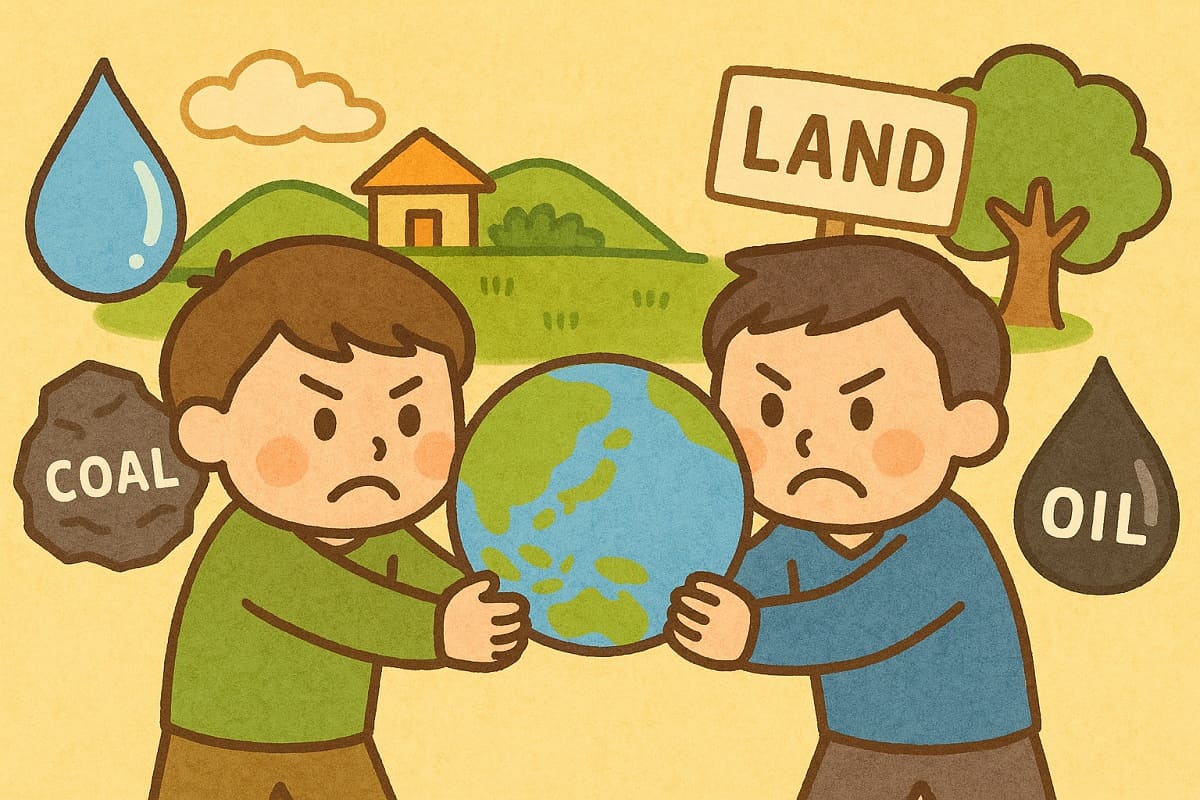Why Do People Fight? Understanding the Reasons Behind Ethnic Conflicts
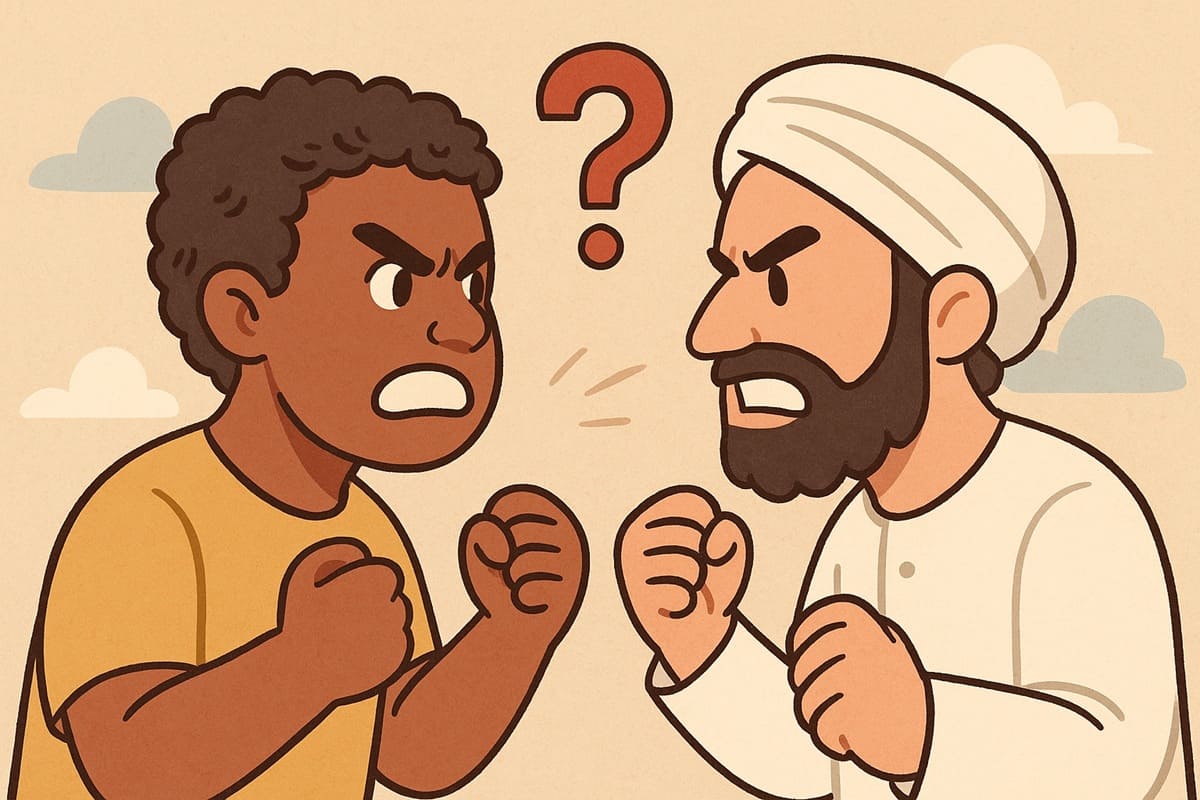
You may have heard the term “ethnic conflict” in the news. In many parts of the world—such as Africa, South Asia, and beyond—people from different ethnic groups living in the same country sometimes clash, with conflicts even escalating into civil wars.
But why do people fight in the first place, especially with those from different ethnic groups? Let’s explore the reasons by looking at history and real-world examples.
Ethnic Differences Have Always Existed
Humans naturally distinguish between “us” and “others” based on language, culture, religion, appearance, and more. These differences are not necessarily negative—they contribute to the diversity and richness of our world.
However, when these differences lead to beliefs such as “we are superior” or “those people are wrong,” they can become the seeds of conflict.
Throughout history, people have fought over religion, language, and skin color. But many of today’s ethnic conflicts—especially in places like Africa and South Asia—are not just about cultural differences. They are deeply connected to the legacy of European colonial rule.
Are Colonial-Era Borders to Blame?
From the 19th to 20th centuries, European powers like Britain and France colonized vast regions including Africa and Asia. During that time, they drew borders on maps without consulting local people, often ignoring geography, culture, and communities.
If you look closely at a map of Africa, you’ll notice many straight-line borders. These lines weren’t based on natural features like rivers or mountains but were drawn arbitrarily for the convenience of colonial powers.
As a result, people from the same ethnic group were divided into different countries, while others who had never lived together were forced into one nation. This artificial mixing made it easier for conflict to arise after independence, as people who didn’t share a common history or culture suddenly had to coexist under one government.
“Divide and Rule” – A Strategy of Colonial Control
European colonial powers often used a method called “Divide and Rule.” This involved deliberately splitting local populations into different groups and encouraging tension between them, in order to prevent unified resistance against the colonizers.
For example, in British-ruled India, Hindus and Muslims were treated differently, and political systems were structured along religious lines. This division was intended to weaken unity among Indians and prevent rebellion.
In Rwanda, Belgium favored the minority Tutsi over the majority Hutu, granting them privileges and power. This discriminatory policy sowed deep resentment, eventually leading to the 1994 genocide in which approximately one million people lost their lives.
The Lingering Legacy After Independence
After World War II, many colonies gained independence. However, the colonial-era borders and systems of inequality were left intact.
Take Nigeria as an example. Under British rule, the northern and southern regions—home to Muslims in the north and Christians and traditional believers in the south—were unified into one country. After independence, these religious and cultural differences sparked civil war, leading to countless deaths.
Similarly, India and Pakistan were split in 1947 based on religious differences. That partition led to widespread violence, and even today, the two countries continue to clash over the Kashmir region.
How Can We Prevent Conflict?
Different ethnicities living together does not automatically lead to conflict. There are many countries where people of diverse backgrounds coexist peacefully.
To prevent ethnic conflict, we must:
- Respect differences
- Study and understand historical context
- Create opportunities for open dialogue
Understanding the historical background of colonialism also helps us ask important questions: “Why does this country experience so much conflict?” and “What can we do to move toward peace?”
Conclusion
Conflicts between people are not just about personal animosity. Often, they are shaped by long historical and political processes. Ethnic conflicts, in particular, are deeply rooted in the impacts of colonialism.
What we can do is learn about these underlying factors, recognize and respect each other’s differences, and seek solutions through dialogue—not violence. This, perhaps, is the first step toward building a more peaceful society for the future.
Main References
- Gashaw, T. T. (2017). Colonial borders in Africa: Improper design and its impact on African borderland communities. Wilson Center Africa Up Close.
- Hyde, T. (2016). Are colonial-era borders drawn by Europeans holding Africa back? AEA Research Highlights.
- Kulik, R. M. (2025). Divide and rule. In Encyclopedia Britannica.
- Tharoor, S. (2017). The Partition: The British game of ‘divide and rule’. Al Jazeera Opinion.
- Triggiano, M. (2024). Memory matters—Recalling Rwanda. Marquette University Law School Faculty Blog.
